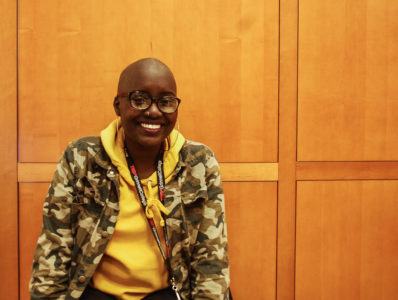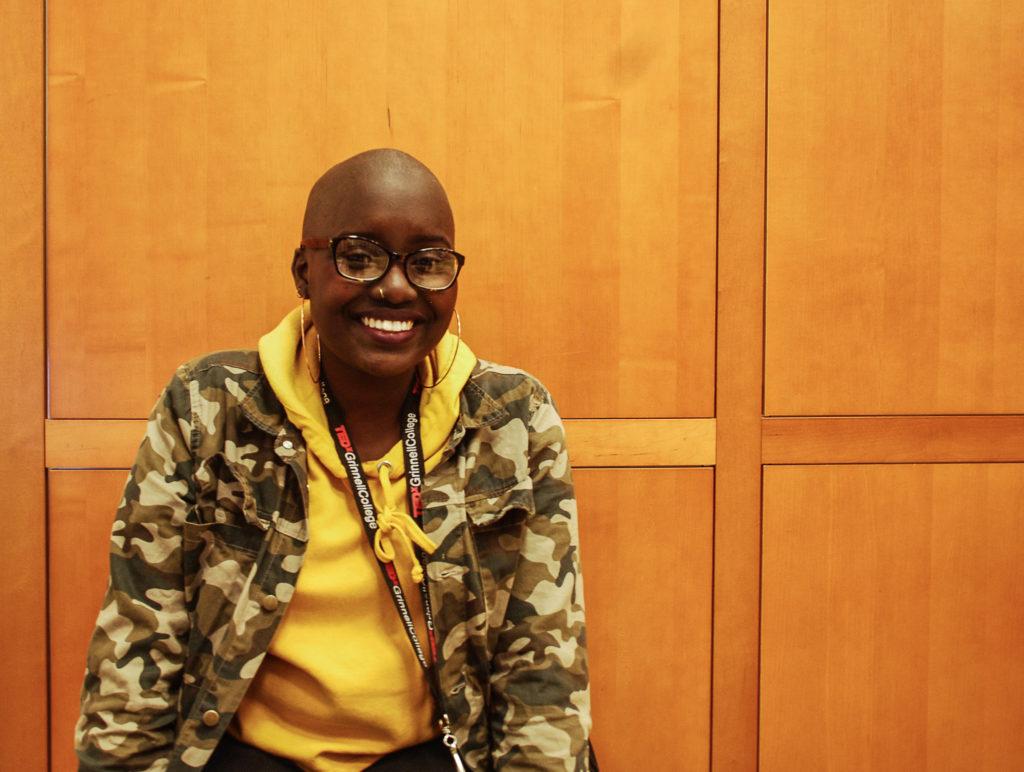By Jonathan Gomez
gomezjon@grinnell.edu
International Women’s Day is the globally-recognized holiday celebrating the social, economic, cultural and political achievements of all women. While this day is historically rooted in socialist movements and demonstrations during the early 20th century, it has since been adopted by the United Nations and serves as a day to call action to the acceleration of gender equality across the world.
In the words of Chiri Mutwol ’22, “It is the celebration of all women. Respecting their decisions, identities, and cultures without imposing your own culture or belittling them because you think that your idea of ‘being a woman’ is better than their perception.”
Within the commonalities of exclusionary experiences that women share, the intersection of other social, cultural, economic and religious identities create a complex perception of womanhood.
“I can’t completely relate to all different types of women because the barrier of race gives certain women more privilege than I do, especially being a black woman. I have to experience being black and being a woman while other races might not have to experience that same discriminatory relationship,” Mutwol said.
This experience varies greatly from that of Emily Louden ’22, who said, “I am a white woman, which means that I have degrees of privilege that women of color do not have. I think that makes my identity less so of a barrier and more of a responsibility.” This shows the accountability of privileged women to use their agency, in union with all women, in order to advocate for women among all intersected identities. In addition to the varying levels of privilege, some women have identities that society sees as a limitation to promoting gender equality.
“My religion is a big part of my life, and I feel that a lot of people feel that religion is constricting on women’s rights and just women’s treatment in general,” said Luz Alfaro ’22. “I struggle with that a lot of times, because sometimes I am reading the bible and see that women were not treated well. And today when people read that, people assume that I support that, even though that is not the case.”
The International Women’s Day 2019 campaign theme is #BalanceforBetter, calling for the participation of everyone to celebrate when a balance among all genders is present and to galvanize when it is absent. According to the interpretation of Alfaro, “It is trying to emphasize how the goal is to actually have equality. I think it has to make that emphasis because there has been a stigmatization of feminism and how people think that feminists are extremist and women want to be treated a lot better than men, but that is not actually the goal.”
While this campaign does have great intentions, some believe that we should be cautious with its message. “I think they have to be careful. What does balance mean? A lot of things in society are based off of white standards. So, balance to some women, for example, may mean ‘women should be sexually free.’ But sexually free to somebody may not mean the same thing to someone else,” said Mutwol. All things considered, we should strive for a more balanced treatment for all genders because the presence of any gender exclusion creates a hindrance on society’s capabilities as a whole.
While many students see Grinnell College’s efforts to promote gender equality in a very positive light, many still see areas in which the College struggles to create an inclusive space for all.
“I think where Grinnell [College] struggles is when people don’t pick up culture instantly, whether it be a culture of consent or a culture of respect. That is something that they learn. I think Grinnell [College] has a particularly hard time with the first-year class because when I’m going into classes or working with another student on coding, there are individuals that do not understand that their voice is louder and it is not because they are better. It is because they are listened to and they have been able to speak loud their whole life. So, I think Grinnell [College] can do a better job of teaching people to either speak up or quiet down,” said Louden.
This account of Grinnell College’s atmosphere is one reason why we should all take notice of our internalized privilege so that others do not have to for us. As we further the mission toward gender equality globally, we should use this day to celebrate all women everywhere and take notice of their salient contributions to society.

























































